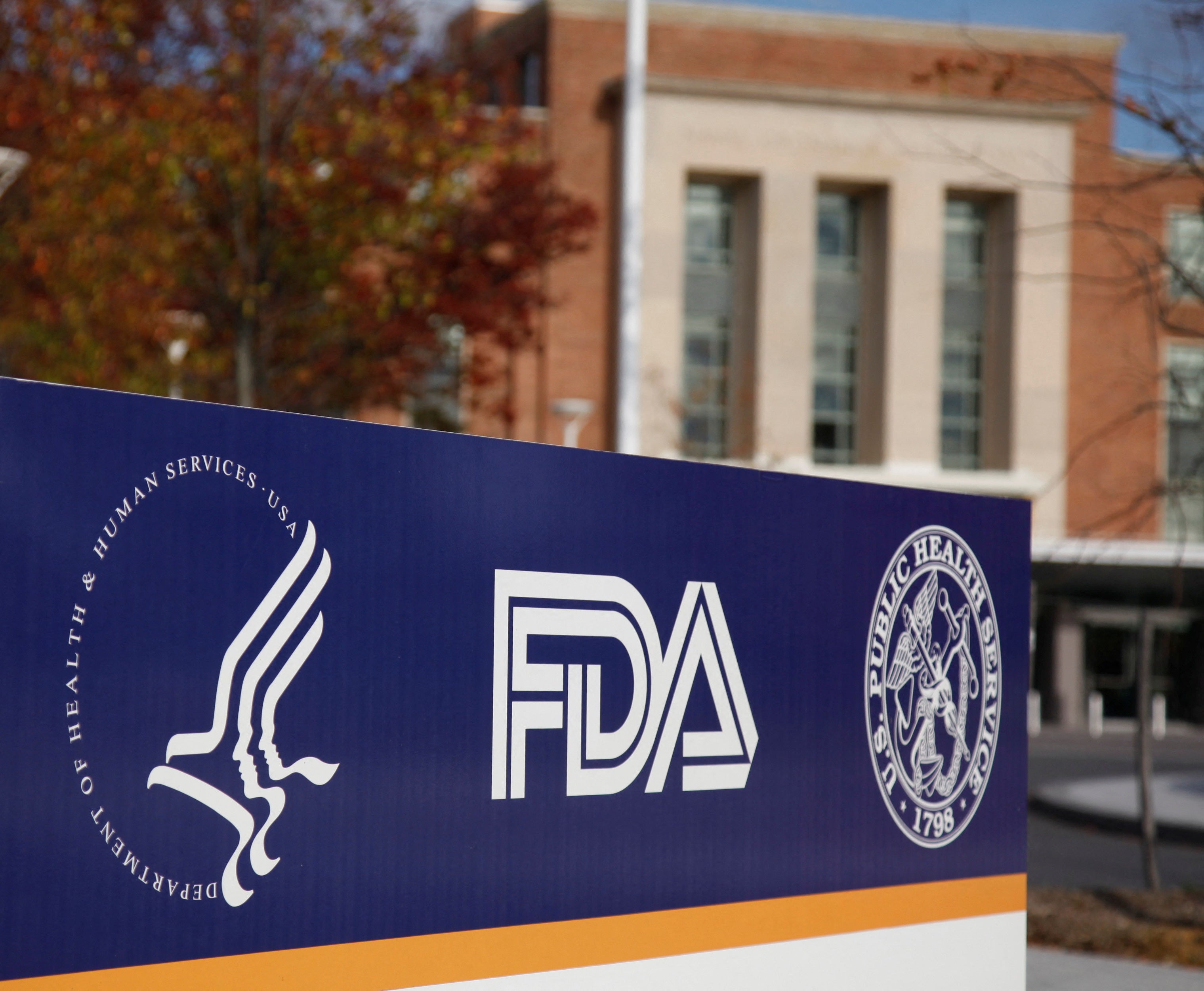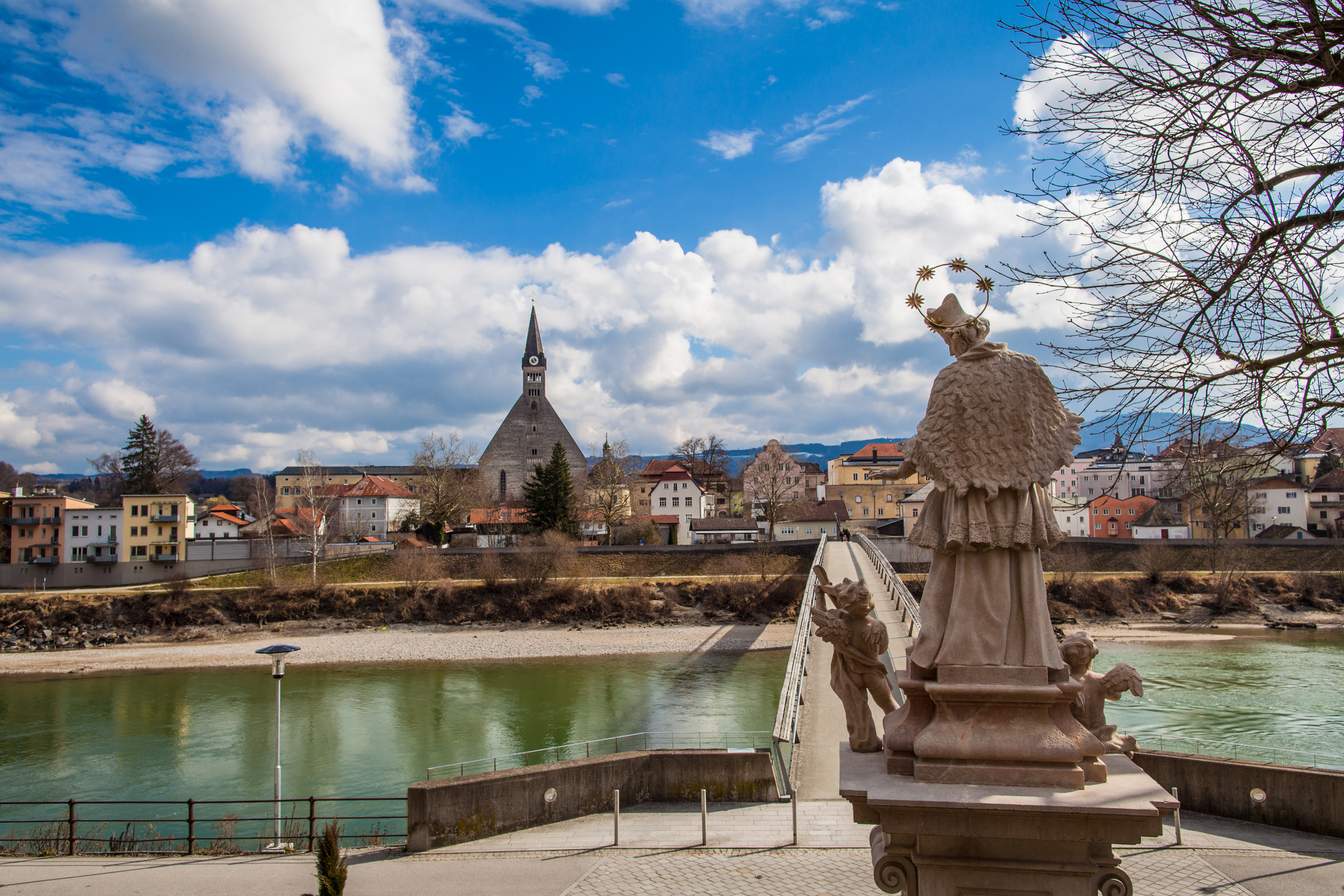While weather is the top reason for flight delays according to the Federal Aviation Administration (FAA), the Bureau of Transportation Statistics reveals that most delays during the summer were caused by airlines and the national aviation system rather than weather. The FAA has implemented measures to prevent potential chaos for this year’s summer season by allowing airlines like Delta, United, and American to operate fewer but larger flights. This change will mitigate the risks of encounters with delays and cancellations.
The FAA also announced 169 new routes along the East Coast, which it claims to be more direct. Still, things might fall apart, and it is best to know your rights in such situations.
In the US, airlines are not obligated to compensate passengers for delays and cancellations. However, all airlines will rebook passengers on another flight when the situation was under their control, and they will pay for meals if delays have taken at least three hours. The Department of Transportation monitors delays and lists refund and cancellation policies on the airline customer service dashboard.
President Biden and Pete Buttigieg, the Transportation Secretary, recently proposed a rule requiring airlines to provide cash payments, meals, and hotel accommodations for carrier-caused slowdowns lasting at least three hours. If passed, this will become mandatory.
It is recommended to consider trip insurance, which often includes coverage for flight delays, and to check credit card policies regarding reimbursement for travel accidents. Monitoring airline apps and opting in for text updates is also helpful. It is also best to stay close to the gate should your flight get delayed or cancelled. For those who have frequent flier or premium tickets, there are priority lines at check-in counters or phone numbers that have faster service, according to James Ferrara, founder of InteleTravel, a travel adviser network.
Airlines offer quick customer service through Twitter. But if not possible, call the international phone line, which is less busy in slow times, or opt for self-rebooking either online or through the airline’s app, according to experts. For those flying during the summer, it is wise to choose flights that do not require connecting in airports that are likely to see weather issues such as thunderstorms and hurricanes cause cancellations and delays, as suggested by Michael McCormick, a former FAA control tower operator and an assistant professor at Embry-Riddle Aeronautical University.
As a general rule, for summer travels, book flights that depart before 3 p.m. to avoid cancellations and delays that are more likely to occur later in the day. If possible, get non-stop flights, and do not check in bags, as recommended by Scott Keyes, founder of Going.com, a website that sends travel deal alerts. Furthermore, it is always an option to stay at home during holidays or drive to your destination.















